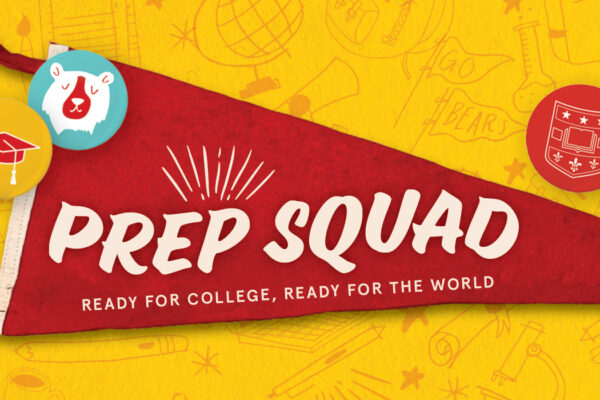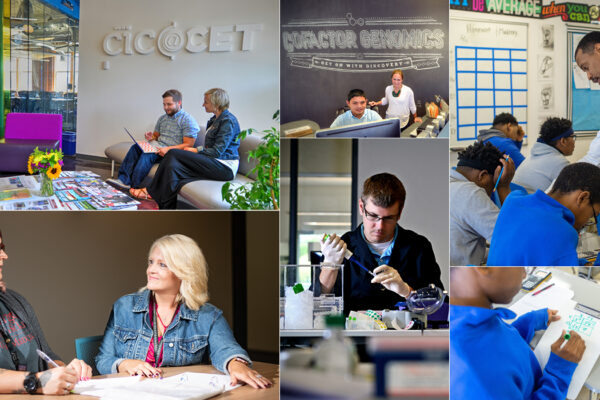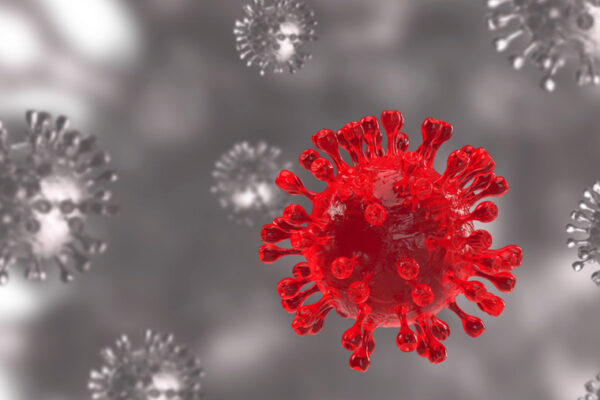Washington University in St. Louis has played a vital role in strengthening the economy of the region and protecting the health of its residents during the COVID-19 pandemic. The Office of Government & Community Relations states in its annual report that Washington University directly contributed $2.9 billion to the St. Louis economy in the 2021 fiscal year, which ended June 30, an increase of $200 million from 2019. The university also supported 47,000 jobs in the region and drew a record $879 million in research funding to the region.
“In the past two years, Washington University has added new jobs, invested in construction, delivered world-class medical care, provided free tuition to low-income students from our region and pushed forward with vital research that benefits us all,” Chancellor Andrew D. Martin said.
Washington University, ranked the No. 1 employer in Missouri by Forbes Magazine, added some 1,000 jobs during the pandemic, increasing its workforce to 17,360 employees and its payroll to $1.8 billion. The university is now the region’s second-largest employer. Collaborator BJC HealthCare is No. 1. In addition, the university also supported jobs throughout the region, spending $258 million on goods and services from local businesses and $180 million in construction projects.
FY21 ECONOMIC IMPACT ON THE REGION

The university also led the fight against COVID-19. As of January 2022, Washington University physicians have treated more than 21,000 patients with COVID-19 at Barnes-Jewish Hospital and St. Louis Children’s Hospital. University scientists continue to work to develop new tests and treatments, and public health experts have offered local governments, school systems and cultural institutions strategies to keep St. Louisans safe.
“The creativity, flexibility and dedication our health-care providers have shown in the face of this novel and sometimes deadly virus has been extraordinary,” said William J. Powderly, MD, the Dr. J. William Campbell Professor of Medicine and co-director of the Division of Infectious Diseases. “They are true heroes, and their expertise has saved the lives of thousands of residents in our region.”

Washington University also took big, bold steps to be more accessible to students from the local region. In his inaugural address in 2019, Martin vowed that Washington University would be “in St. Louis, for St. Louis” and launched the WashU Pledge, which provides a free undergraduate education to incoming full-time students from Missouri and southern Illinois who are Pell Grant-eligible or from families with annual incomes of $75,000 or less. In its first two years, the university enrolled 171 WashU Pledge students and provided $19 million in financial aid to cover the full cost of tuition, room, board and fees.
And last fall, the university announced the Gateway to Success initiative, a $1 billion investment in new scholarships for undergraduate and graduate students.
“We are making great strides to make a Washington University education more accessible to all qualified students, regardless of their financial background,” Martin said.
Washington University also is a founding member of Cortex, the regional center for innovation and entrepreneurship that has brought thousands of jobs and millions in investment to St. Louis; home to University College, which is devoted to helping working adults advance their careers; and a resource to many K-12 educators, who are supported by the Institute for School Partnership, university faculty and student volunteers.



